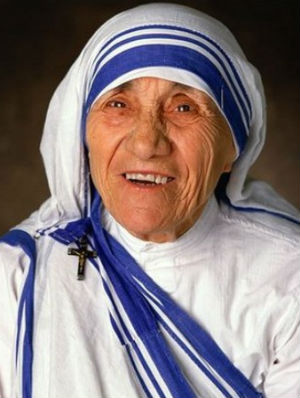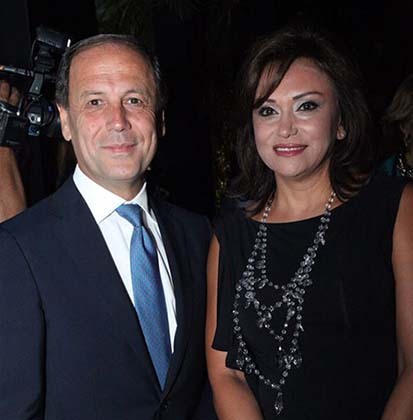
BY Joseph A. Kechichian, Senior Writer – Gulf News
Beirut: Three years after the August 23, 2013 simultaneous bombings of
Al Taqwa and Al Salam mosques in Tripoli that left 42 individuals dead
and more than 600 injured, Judge Alaa Al Khatib issued a detailed
indictment of two Syrian intelligence officers who apparently supervised
the operations.
This condemnation is a first for the Lebanese
judiciary, given that senior magistrates seldom complete their
investigation due to political pressure. Judge Al Khatib
identified the two Syrians by name — Mohammad Ali Ali, a captain serving
in the Military Intelligence Brigade 235, also known as the Palestine
Branch, and Nasser Juban, an official in the Political Security
Division.
Arrest warrants for the two suspects were duly issued
along with the establishment of a permanent investigation cell to
uncover the identities of any senior officials who may have given orders
and orchestrated the attack, whether they were foreign nationals or
Lebanese citizens. Al Khatib, who delivered his 44-page report to
Minister of Justice Ashraf Rifi, clarified that his investigations led
to the orders that were issued by a senior security branch in the Syrian
Intelligence, though he refrained to reveal that individual’s name.
Five Lebanese suspects were also indicted although only one suspect
was charged for the crime, Yousuf Diab — who hails from Tripoli’s Jabal
Mohsen — was arrested.











